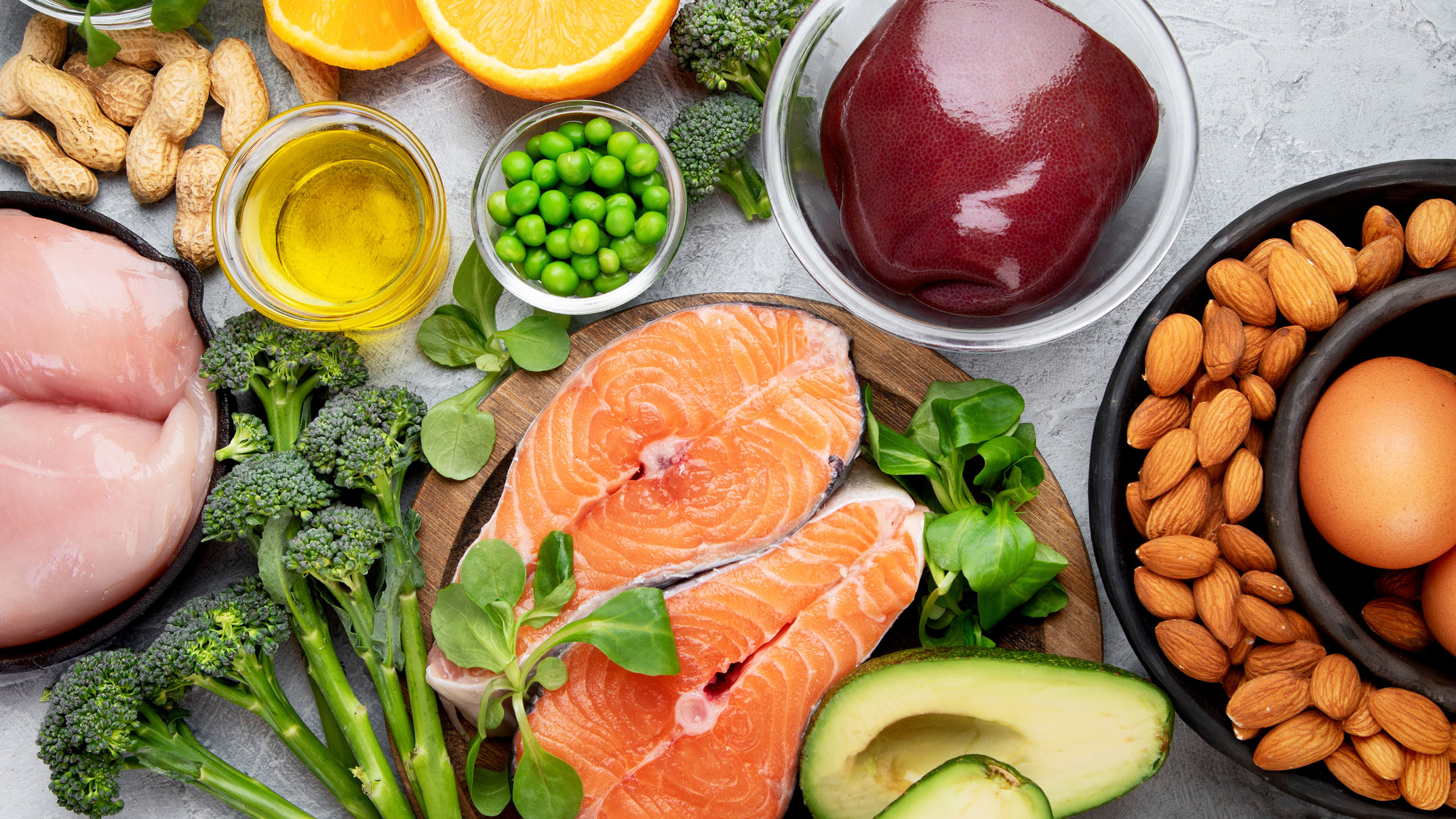What You Should Know About CoQ10
Coenzyme Q10, commonly known as CoQ10, is a naturally occurring compound which is found in every cell of our body. If you can remember back (for some of us, WAY back) to your biology classes in high school, you might recall that the mitochondria is referred to as the “powerhouse” of the cells in our body. CoQ10 is stored in the mitochondria and one of its main purposes is to help generate energy.
This compound is especially important to our larger organs such as the heart, lungs, liver and kidneys. Since this compound is crucial to the functioning of these organs, low levels of CoQ10 have been linked to cardiovascular diseases, chronic kidney disease, type II diabetes and non-alcoholic fatty liver disease1.
Key Functions of CoQ10 In Our Body
- Generates energy within our cells
- Helps create adenosine triphosphate (ATP), energy transfer in our cells
- Protects cell damage as the only fat-soluble antioxidant in our body
Although our body produces CoQ10 on its own, as we age the production of CoQ10 diminishes. There are also cholesterol-lowering medications, statins, which interact with the production of CoQ10 in our body. This is why those who have had trouble with any of the diseases mentioned above find supplementation of CoQ10 helpful. Certain foods are rich in CoQ10, including:
- Eggs
- Nuts
- Whole Grains
- Chicken and Organ Meats
- Oranges and Strawberries
- Sesame Seeds and Pistachios
Advantages of CoQ10 Supplements:
Aids in Exercise Performance
CoQ10 can decrease oxidative stress. Oxidative stress is a condition caused from low levels of antioxidants which remove free radicals from the body. Antioxidants are found in foods such as blueberries, blackberries, strawberries, red beans, pinto beans and cranberries.
Oxidative stress can affect muscle performance making exercise difficult. Your muscles have a hard time contracting in order to perform any given exercise. Supplementing with CoQ10 has shown to increase energy and power during exercise as well as reduce fatigue2.
Lessen or Prevent Migraines
Studies have shown that patients who supplement with CoQ10 100mg three times a day had fewer migraine attacks than the placebo group. In this study, published by the American Academy of Neurology, they found a lack of cell energy in the brain may have been the cause of migraines. Since COQ10 promotes energy within all cells within our body, they concluded this supplement had a significant impact on those who were suffering from chronic migraines3.
Help Those Living With Heart Disease
In a long-term study out of the Cleveland Clinic, those who had been living with moderate to severe heart failure had a 42% reduced risk of having their first major adverse cardiovascular event. The participants used CoQ10 in conjunction with other recommended treatments, not as a replacement.
Patients who are taking cholesterol-lowering medications, or statins, have found supplementation of CoQ10, (in tandem with recommended treatment) effective in lessening the side effects from these medications. Symptoms that can be relieved are muscle cramping, weakness or pain4. Scientists believe that more research is needed before they can make claims about the supplementation of CoQ10, but the research that has been performed up until this point has been abundantly positive.
Keeps Your Skin Youthful Looking
As we very well know, UV rays from the sun causes damage to our skin. CoQ10 comes in a topical form and can be applied directly to your skin. When your skin continues to have long-term exposure to the harmful elements from the environment, such as pollution and UV rays, there can be a reduction of moisture and a thinning of the layers of our skin.
Remember those antioxidants that we keep bringing up like a little chihuahua barking at your feet? When applying CoQ10 topically to your skin it increases energy in your skin cells and promotes those amazing antioxidants to help protect your skin from further damage. Topical application of CoQ10 has also been shown to reduce oxidative damage which could decrease the depth of wrinkles found on your face. (Kiss those crows-feet goodbye! Well, sort of).
Who Should Take CoQ10?
If you are young, (are fiercely active on Tic Tok) have a relatively healthy diet and are free of major diseases, CoQ10 is produced naturally in your body and is replenished by the foods you consume. CoQ10 would not be harmful to take, but you might want to focus on other more age and health-appropriate supplements. For those of us who have seen many moons, might be at risk for genetically inherited diseases or are taking statins, adding a regimen of CoQ10 would be advantageous to our health and quality of life.
Contact your sales rep. or email us at sales@vitajoyusa.com to take advantage of special pricing.
**These statements have not been evaluated by the FDA. This product is not intended to diagnose, treat, cure or prevent any disease.
References
- Disorders of Human Coenzyme Q10 Metabolism: An Overview, https://www.ncbi.nlm.nih.gov/pmc/articles/PMC7555759/#.
- 9 Benefits of Coenzyme Q10, https://www.healthline.com/nutrition/coenzyme-q10.
- Study Shows Coenzyme Q10 May Prevent Migraine, https://www.aan.com/PressRoom/Home/PressRelease/185#:~:text=Migraine%20patients%20who%20took%20100,and%20fewer%20days%20with%20nausea.
- What is CoQ10?, https://health.clevelandclinic.org/what-is-coq10/.
